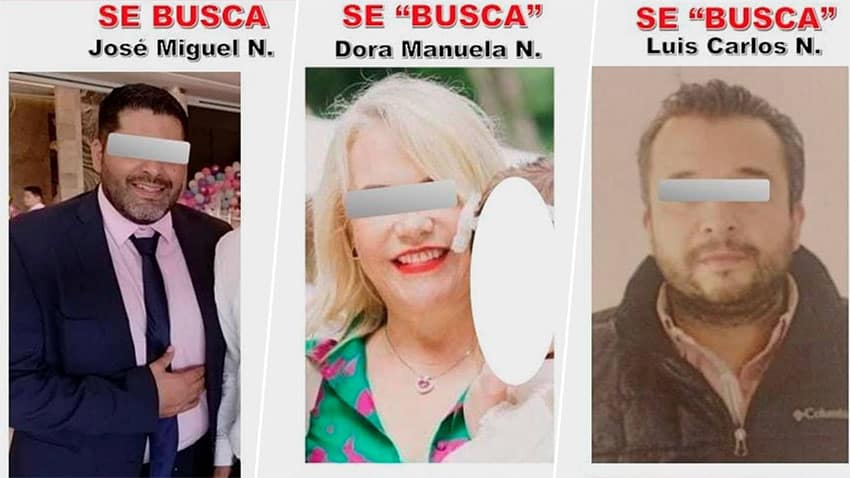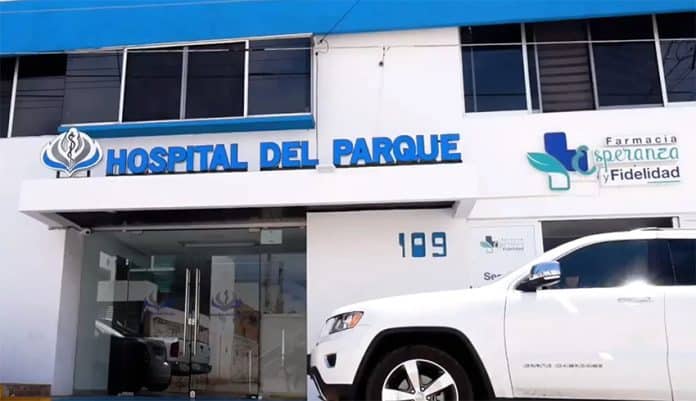Authorities are seeking to arrest seven people in connection with a meningitis outbreak in Durango that has claimed 22 lives.
The Durango Attorney General’s Office (FGED) said Monday that it had obtained arrest warrants against administrators and owners of four private hospitals where patients contracted fungal meningitis during operations.
Federal and state health authorities said last week that the fungus Fusarium solani was to blame. An anesthetic medication used on the patients who became ill with meningitis may have been contaminated with the fungus, possibly because the drug was inadequately stored. Another possibility is that the patients were injected with contaminated needles.
Many of the people who contracted meningitis were women who underwent surgeries such as cesarean sections in recent months. The Durango Health Ministry said on Twitter Monday that 71 confirmed cases and 22 deaths had been recorded.

The patients contracted meningitis as a result of the spinal anesthesia (or spinal block) procedures they underwent, the FGED said in a statement. The infection “was caused by a fungus that entered their nervous system due to the procedures that were applied,” it said.
Deputy Health Minister Hugo López-Gatell said last week that the errors that turned a safe procedure into an unsafe one hadn’t been established.
The FGED said that the arrest warrants were issued last Tuesday on charges of homicide and causing aggravated injuries. Officers raided 13 private homes last Wednesday, but didn’t find any of the suspects.
Durango has requested the assistance of federal and state authorities, and Interpol, to locate the hospital owners and administrators.
The FGED said it has seized 17 properties, including four private hospitals that were recently shut down. Proceeds from their sale would be used to compensate victims and their families.
The Durango Attorney General’s Office noted that the federal health regulator Cofepris seized samples of the anesthetic bupivacaine from the private hospitals, but “didn’t find any fungal growth.”
The labeling on the samples was determined to be authentic, the FGED said.
Alejandro Macías, an infectious disease specialist, last month raised the possibility that a contaminated counterfeit version of the anesthetic has been used in Durango.
With reports from Animal Político, Reforma and El Financiero
